Community Outreach
Shinnyo‑en was founded on the profound belief that we all share this world together and that our lives are interconnected. Understanding that we cannot find true peace and happiness for ourselves without genuinely caring for others, the founders of Shinnyo‑en placed generosity, service, and care at the heart of its spiritual practice. Shinnyo‑en has cultivated strong philanthropic roots in many local communities, initiating and supporting a wide variety of efforts to promote health, happiness, and the wellbeing of all. One concrete step at a time, the Shinnyo‑en community is working to build a future of hope.
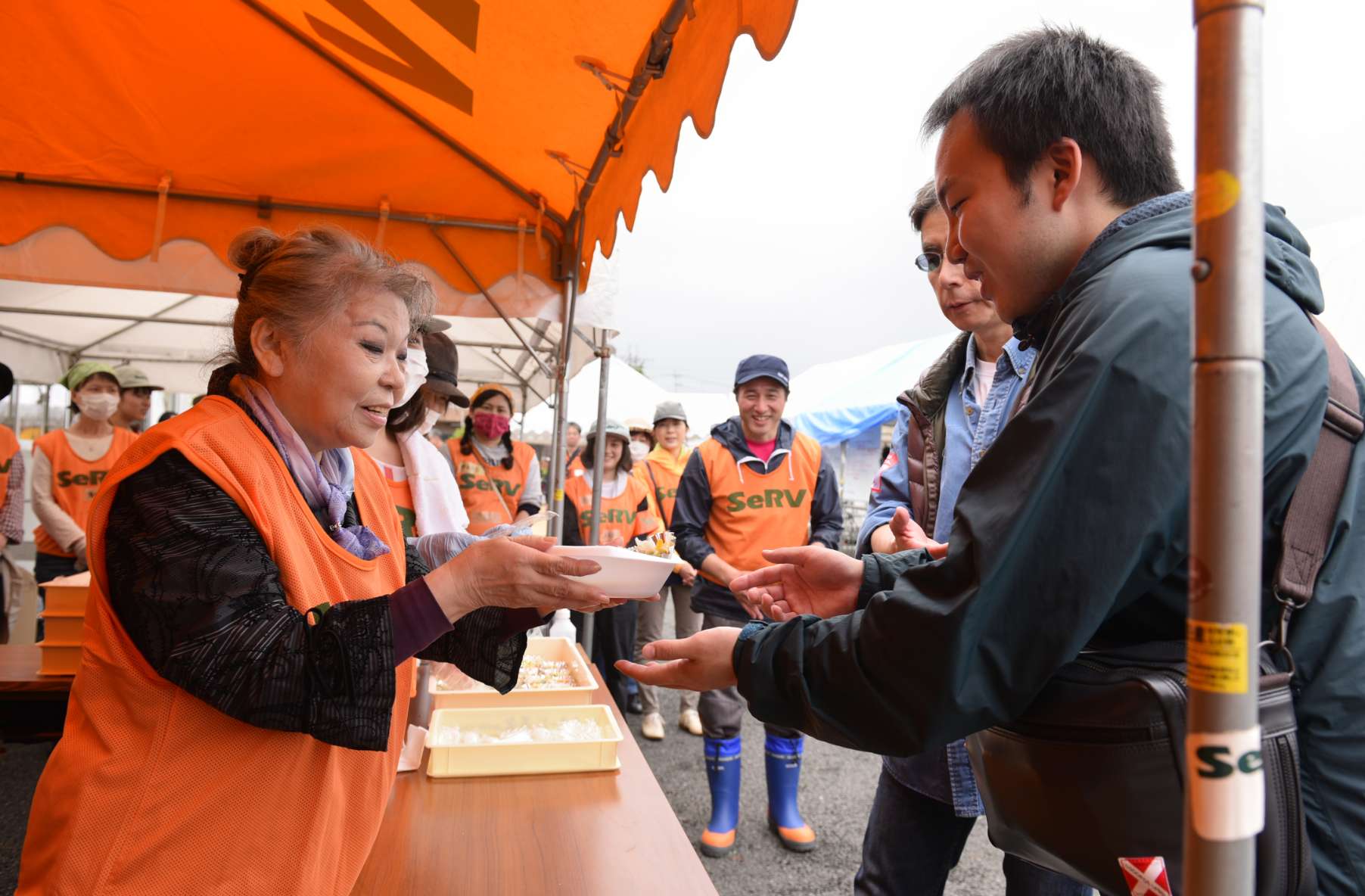
Today Shinnyo‑en’s community outreach activities range from local to global efforts. Members of Shinnyo‑en and the organization itself engage in this work in three ways: through direct involvement in initiating, organizing, and carrying out community service as volunteers; by establishing and funding affiliated organizations that focus on specialized areas of need; and by providing financial assistance to a broad range of nonprofit organizations through grants and donations to support the work of groups whose goals and values Shinnyo‑en shares.
“Single drops of water accumulate to create rivers that flow into vast oceans. In the same way, our individual acts of goodness have the potential to merge into a huge current.”
—Her Holiness Shinso Ito
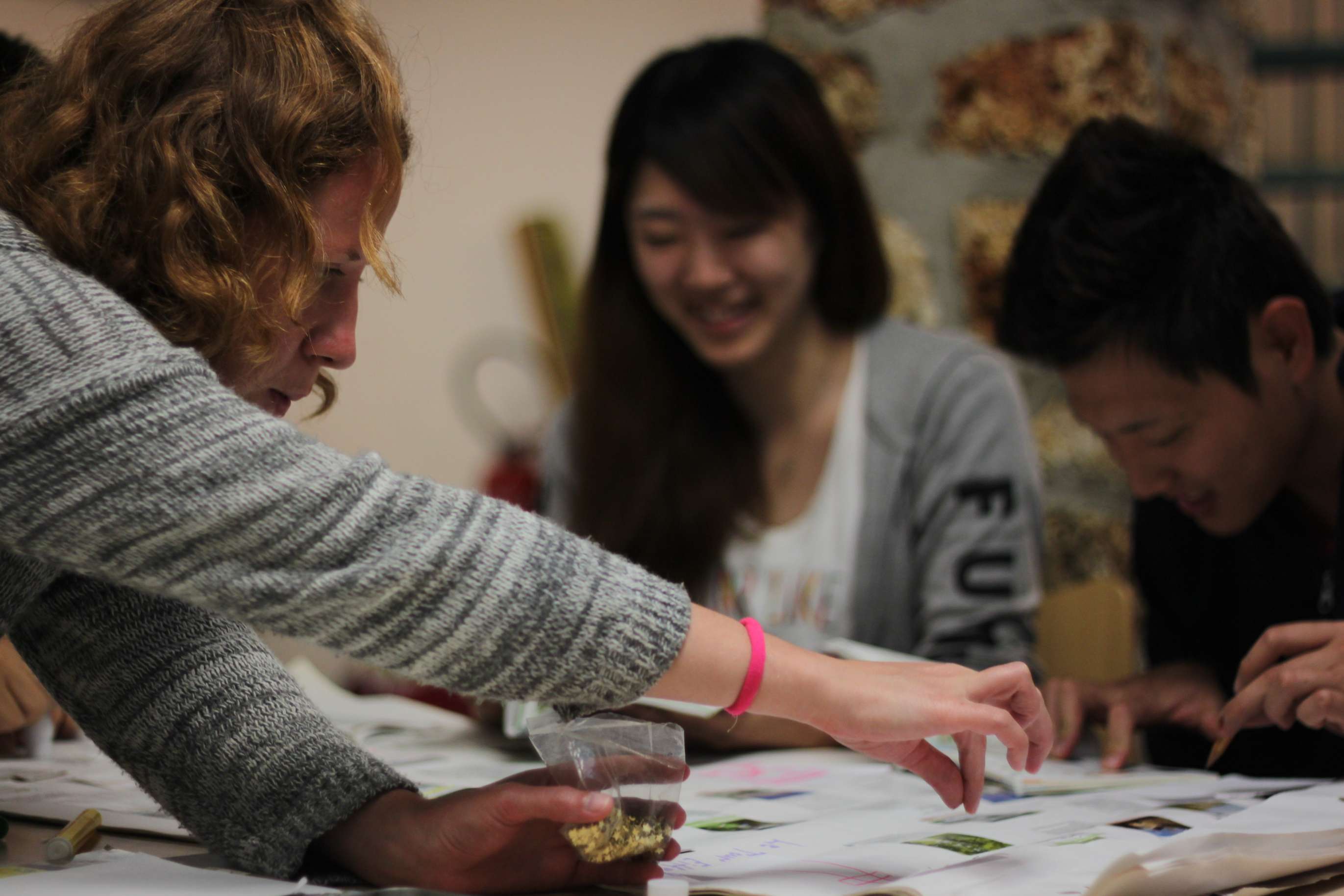
Direct Involvement
Given the great diversity of communities and their needs, members of Shinnyo‑en engage in service within their immediate communities in many different ways. Examples of member-led community service work includes sewing masks for high risk migrant workers during the COVID pandemic, organizing donation drives for refugee and disaster relief efforts, speaking at interfaith conferences and gatherings on the role of spirituality in addressing climate change, and many more. Some Shinnyo‑en centers in the U.S. have formed traditional taiko drumming groups that perform at cultural events or as part of local observances of holidays like Martin Luther King Jr. Day. The spirit of service is expressed in a great variety of ways throughout all the diverse Shinnyo‑en communities.
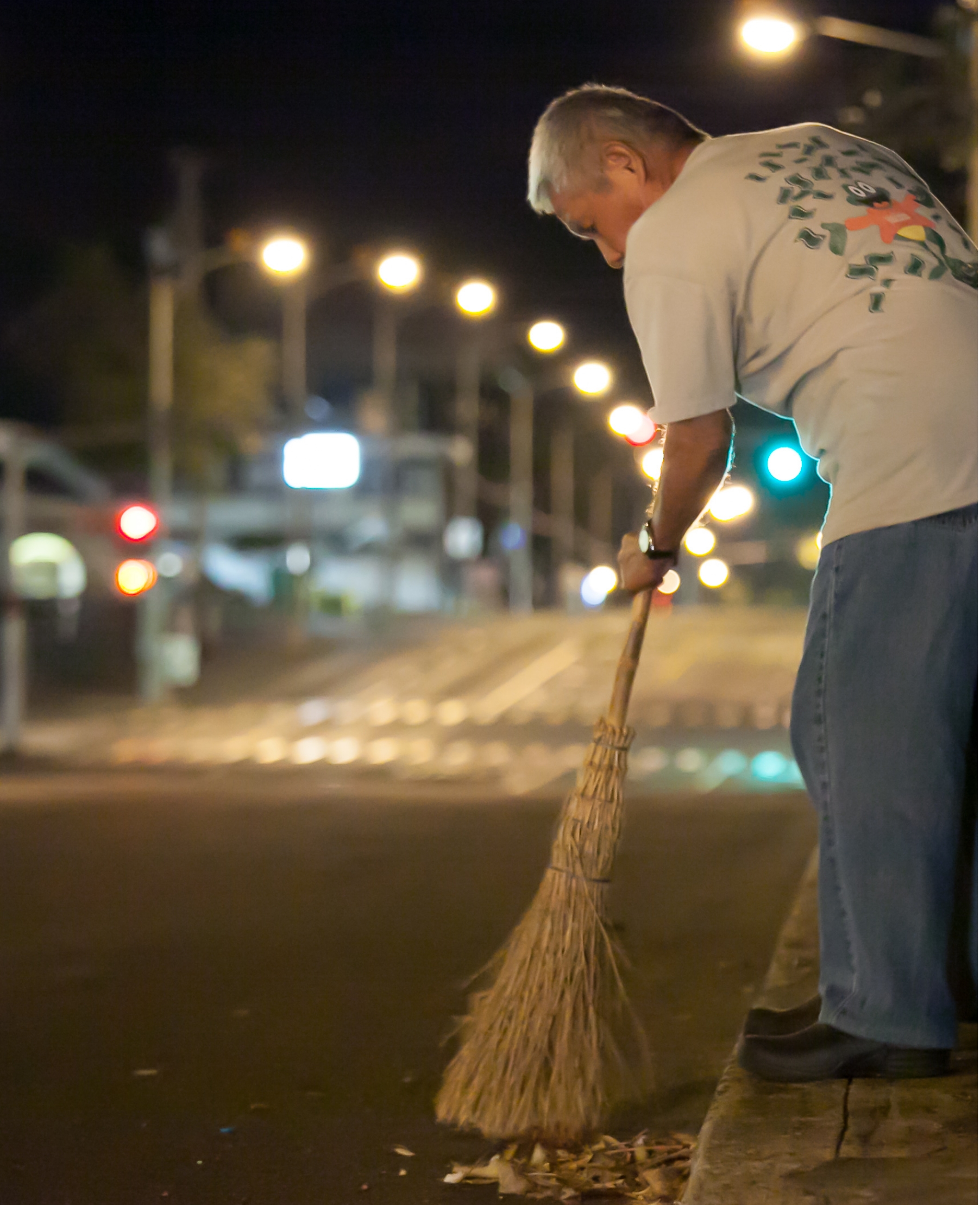
Cleaning Public Spaces
The longest-running form of community service organized by Shinnyo‑en members are early-morning cleaning programs, which began in 1971. Typically taking place just before dawn, local Shinnyo‑en neighborhood clean-ups have been organized at more than 5,500 locations around the world.
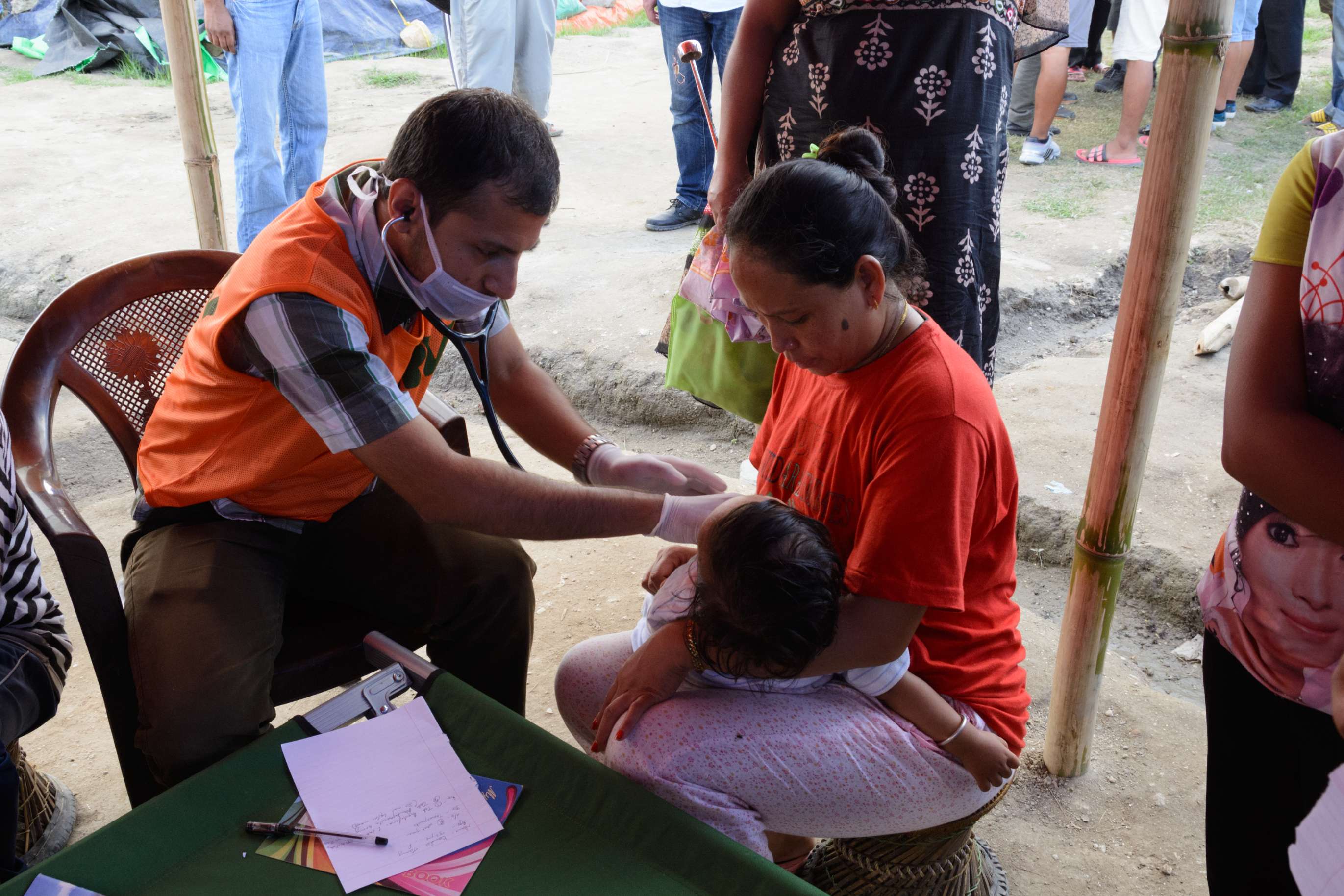
Volunteer Led Disaster Relief
Shinnyo‑en manages two volunteer led disaster relief organizations that have been active since the 1990s in Japan and elsewhere in Asia. Shinnyo‑en Relief Volunteers (SeRV) is a volunteer relief network originally established in response to the devastating Great Hanshin earthquake that struck Japan in 1995. Since then, SeRV has dispatched volunteer aid workers on more than 65 occasions, responding to disasters in Japan, Taiwan, Sri Lanka, Thailand, and Nepal. Univers is a group of Shinnyo‑en disaster-relief volunteers also established after the Great Hanshin earthquake. Univers volunteers visit the homes of disaster victims in Japan, particularly senior citizens, to provide the warmth of companionship and much needed psychological support in the wake of the traumatic experience of having survived a disaster.
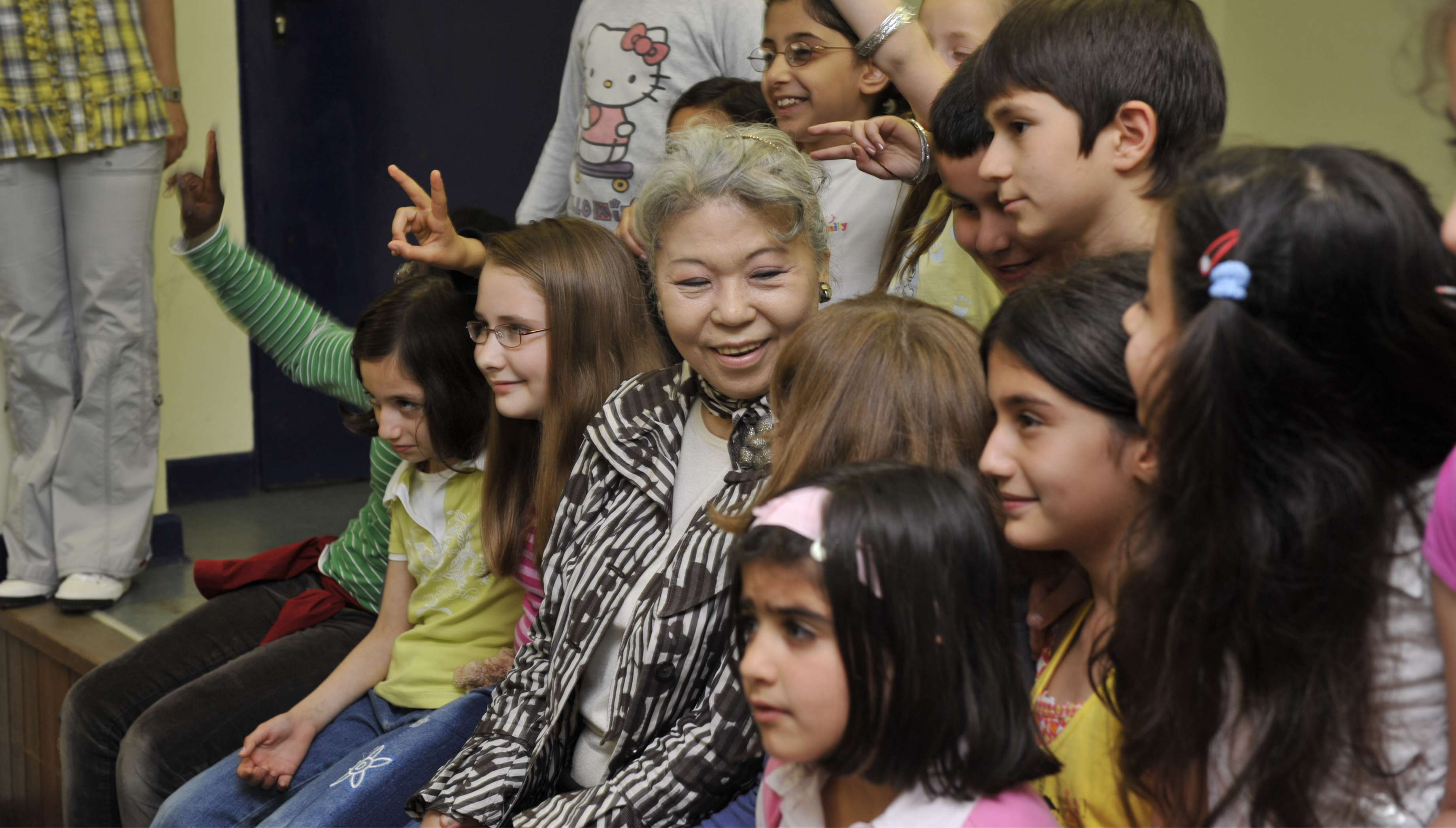
Affiliated Organizations
Shinnyo‑en also supports a number of nonprofit organizations founded within the tradition, but which are now independently operated, to implement special initiatives in partnership with local nonprofits.
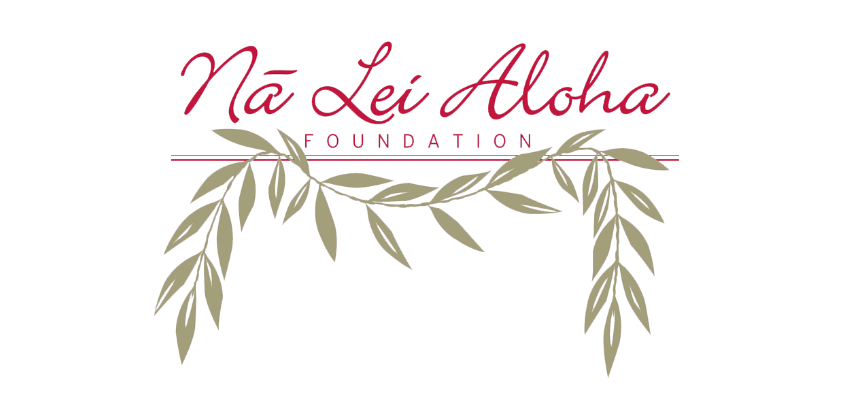
Nā Lei Aloha Foundation oversees the annual Shinnyo Lantern Floating Hawaiʻi, which brings the Hawaiʻi community together in cooperation and harmony every Memorial Day. It also organizes the annual Bridge of Friendship gathering and dialogue, and supports local community groups and projects with grants.
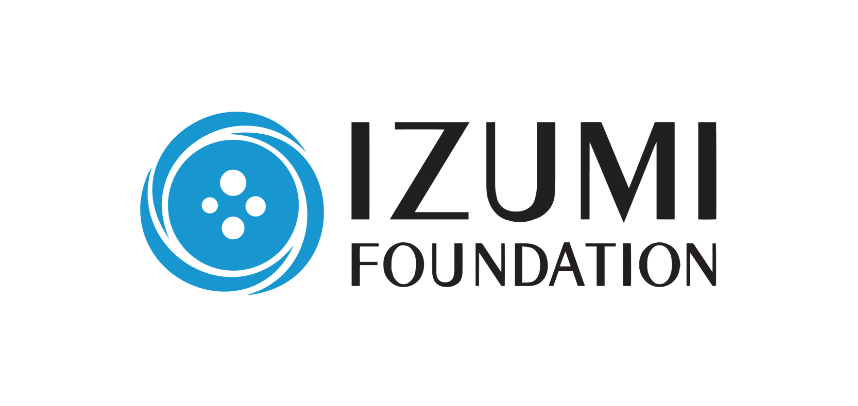
Izumi Foundation aims to alleviate suffering through the development and support of programs that improve health and healthcare in regions of Africa and Latin America. The Izumi Foundation has supported projects in 29 countries, focused on disease, malnutrition, and maternal and neonatal health care.
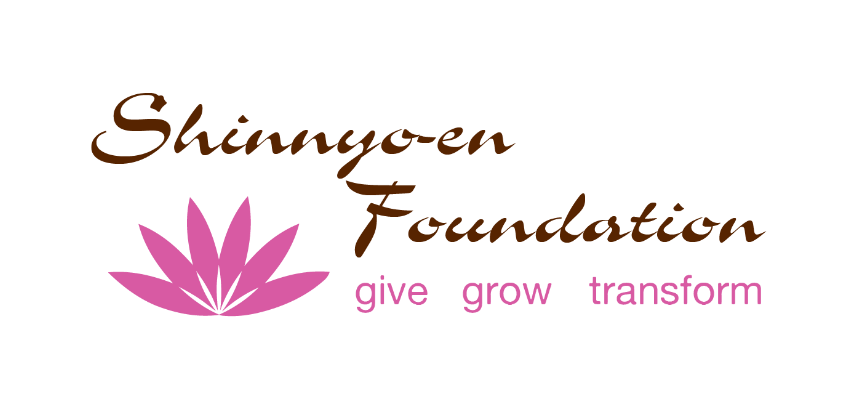
Shinnyo‑en Foundation is a philanthropic arm of Shinnyo‑en established to promote a harmonious and peaceful world by supporting community-based organizations and educational institutions. The foundation emphasizes youth leadership in interfaith dialogue and action, service, volunteerism, and peacebuilding.

The ITO Foundation was established to fulfill Master Shinjo Ito’s wish to support young people with Integrity, Talent, and Originality. The ITO foundation grants scholarships to promote mutual understanding between Japan and other nations, nurturing people who can contribute to harmony in the world.
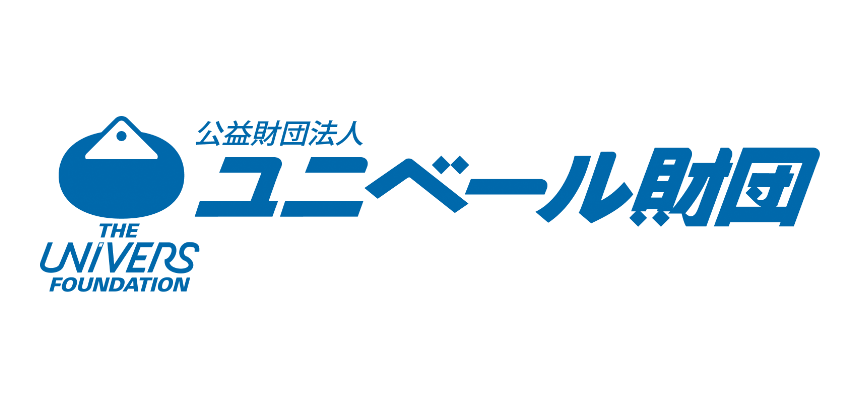
The Univers Foundation supports the flourishing and happiness of the aging community via international research on the well-being of the elderly, international exchange of researchers of elder well-being, and promoting volunteer activities for the elderly and international exchange in such activities.
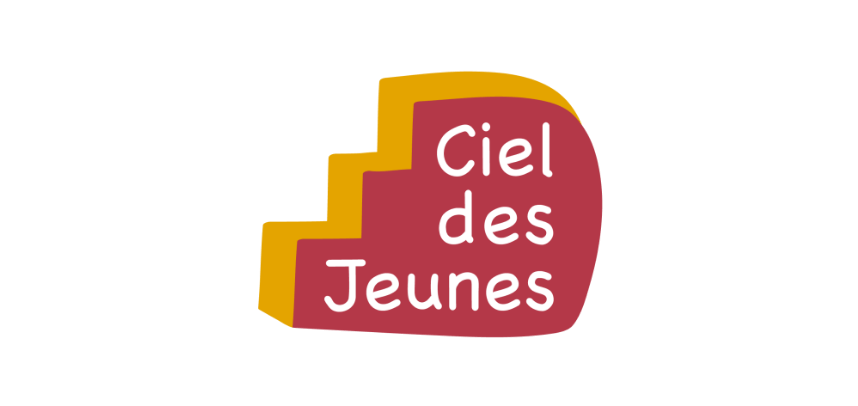
Ciel des Jeunes supports private or public projects to provide education, exposure to diversity, professional instruction, and integration into working life for young people. Partners promote professional integration, social solidarity, literacy, cultural exchange, and the vibrant heritage of France.
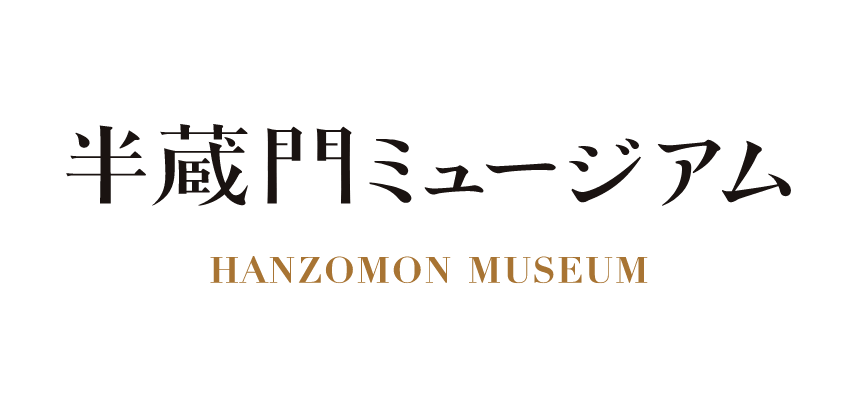
Hanzomon Museum displays rare and important Buddhist artwork with the general public. The museum has on permanent display a 12th century sculpture believed to be the work of Unkei, as well as 3rd century bas-reliefs from Gandhara. The museum also curates rotating exhibits of other Buddhist works of art.
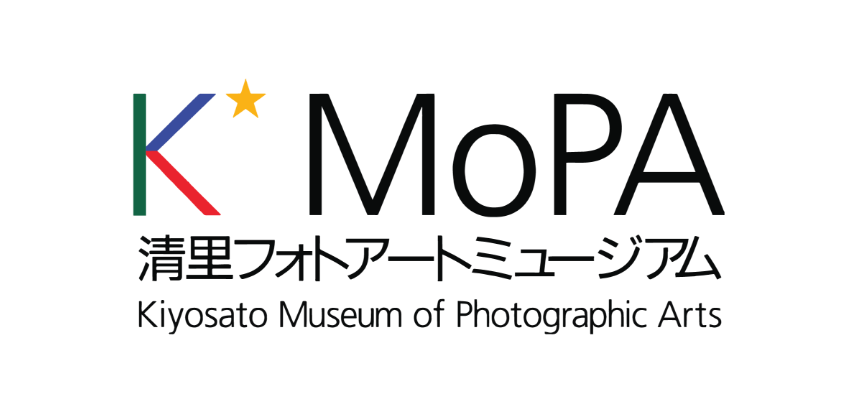
KMoPA was established in 1995 to nurture young photographers, support photographic works that capture and convey love and empathy for living beings, and preserve the art and techniques of platinum print photography. The Photographic Society of Japan recognized the museumʻs work with an award in 2004.
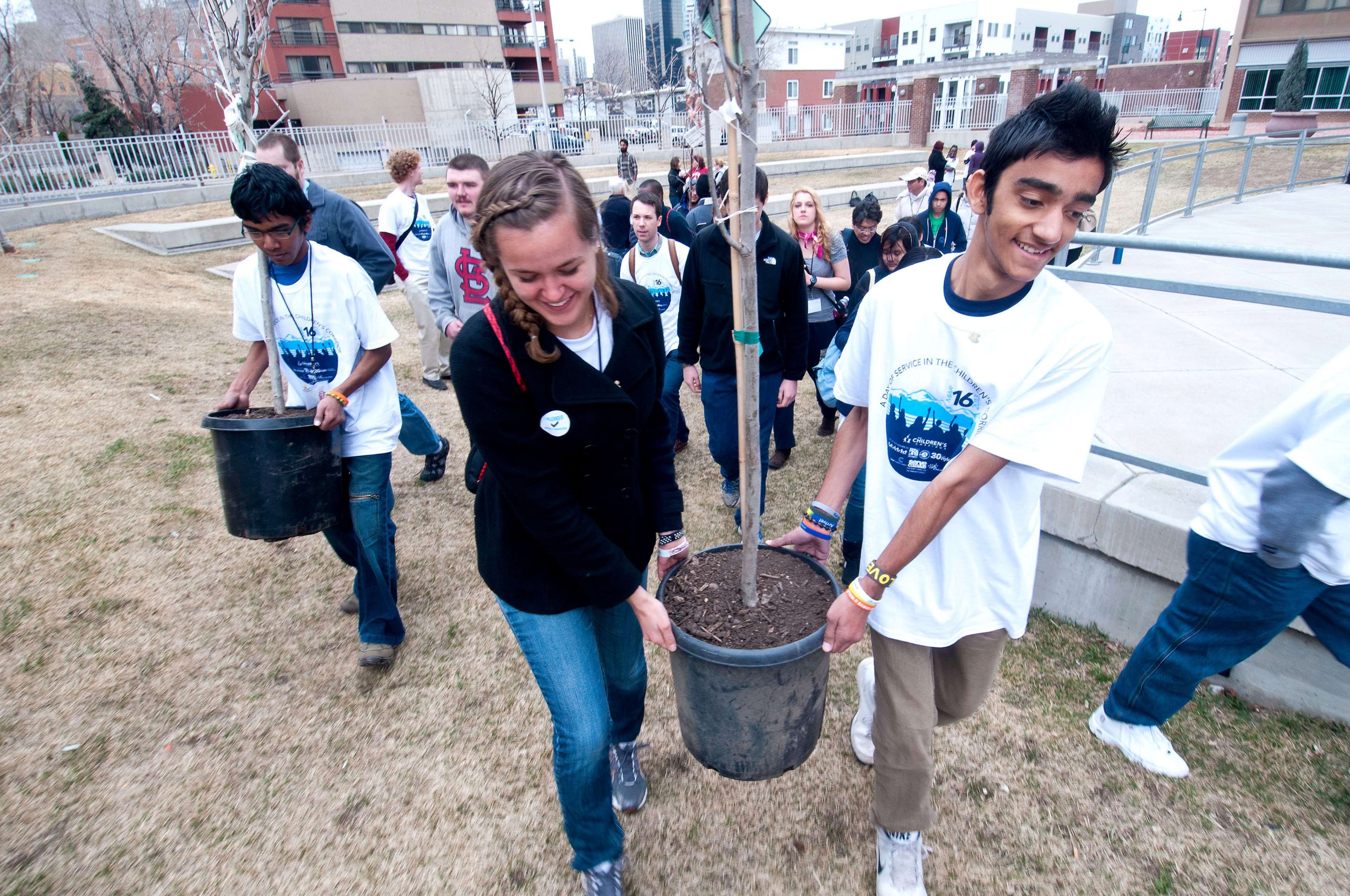
Financial Assistance
Shinnyo‑en also partners with a broad range of unaffiliated nonprofits and governmental agencies, both locally and globally, that share goals and values in common with Shinnyo‑en, supporting their work through grants and donations.
A few of the independent projects that Shinnyo‑en has helped to fund include providing school supplies to children in Cambodia, providing books to libraries in India, building and funding a nursery school in Sri Lanka, removing unexploded landmines in Bosnia and Herzegovina, Croatia, and Laos, and aiding the restoration and preservation of ruins at Angkor Wat in Cambodia.
Aid from Shinnyo‑en also supports a number of United Nations, World Health Organization, and World Food Program initiatives throughout the world, such as UNESCO’s World Terakoya Movement that provides literacy and numeracy programs to women and children worldwide, a UNICEF women and children’s health initiative focused on clean water, sanitation, and basic health care in the central Afghanistan province of Bamiyan, and the UNHCR’s primary education program for Bhutanese refugees in Nepal.
Over the years, Shinnyo‑en has offered financial assistance to groups such as:
- Association Aide a L’enfance en Difficultes
- Butterflies
- Childline
- Eyemate Association
- Forest Environment Network
- Friends without a Border, Japan
- Indian Japan Maitri Association
- INTACH (Indian National Trust for Art and Cultural Heritage)
- Japan Association for Refugees
- Japan National Assembly of Disabled People’s International
- Japan Red Cross
- Japan Rescue Association
- Japan Society for Preservation of Birds
- KnK (Children without Borders)
- Kyoto Society of Japanese Culture
- The Middle Eastern Culture Center in Japan
- Minqin Buddhist Association
- SAORI Global
- School of Kyoto Expressions
- Sophia University Angkor Wat Restoration Program
- Terra Renaissance
- UNESCO (United Nations Educational, Scientific, and Cultural Organization)
- UNHCR (United Nations High Commission for Refugees)
- UNICEF (United Nations International Children’s Emergency Fund)
- WFP (World Food Program)
- WHP (World Health Program)
- WWF (World Wildlife Fund)
